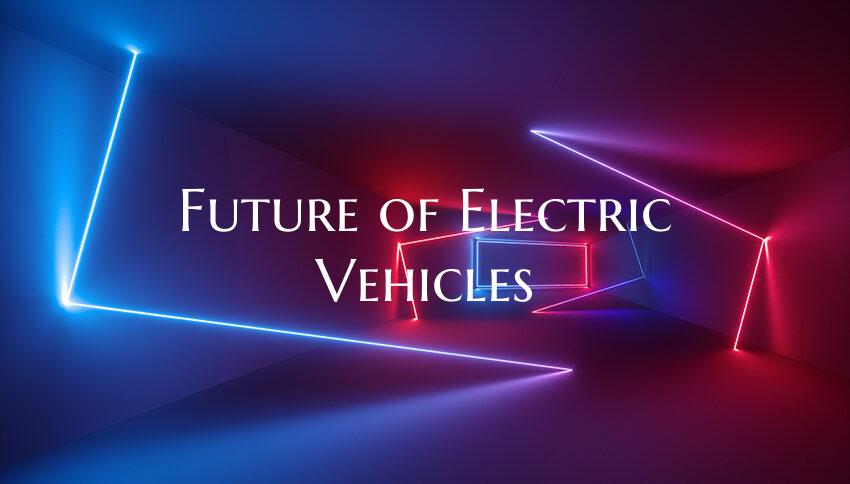Future of Electric Vehicles
Introduction:
In recent years, electric vehicles (EVs) have gained traction as a promising solution to combat climate change and reduce dependency on fossil fuels. As advancements in technology continue to revolutionize the automotive industry, the future of electric vehicles appears brighter than ever. This article dives into the key trends, challenges, and opportunities that shape the future of electric vehicles.
Trends Driving the Future of Electric Vehicles:
1. Advancements in Battery Technology: One of the critical factors driving the growth of electric vehicles is the rapid evolution of battery technology. With improvements in energy density and charging capabilities, the range of EVs continues to increase, making them a more viable option for consumers.
2. Government Support and Regulations: Governments around the world are incentivizing the adoption of electric vehicles through subsidies, tax benefits, and stricter emission standards. These policies are not only pushing automakers to invest in electric mobility but also encouraging consumers to make the switch.
3. Expansion of Charging Infrastructure: The widespread deployment of charging stations is essential for the widespread adoption of electric vehicles. Companies and governments are increasingly investing in building a robust charging infrastructure to address range anxiety and facilitate long-distance travel with EVs.
Challenges and Opportunities:
1. Range Anxiety: Despite improvements in battery technology, range anxiety remains a significant barrier for many consumers considering electric vehicles. Innovations in fast-charging technology and the development of solid-state batteries could help alleviate these concerns in the future.
2. Affordability: The initial cost of electric vehicles is often higher than that of traditional gasoline-powered cars. However, as production scales up and manufacturing costs decline, the price of EVs is expected to become more competitive, making them accessible to a broader range of consumers.
3. Environmental Benefits: Beyond reducing greenhouse gas emissions, electric vehicles offer various environmental benefits, such as improving air quality and reducing noise pollution. The transition to electric mobility presents an opportunity to create a more sustainable transportation system and combat the effects of climate change.
Conclusion:
The future of electric vehicles holds tremendous promise for transforming the automotive industry and creating a more sustainable transportation system. With ongoing innovation, strong government support, and a growing awareness of environmental issues, electric vehicles are poised to play a significant role in shaping the future of mobility. As EV technology continues to evolve, we can expect to see an increasing number of companies investing in electrification and a greater shift towards a cleaner, greener transportation ecosystem.

